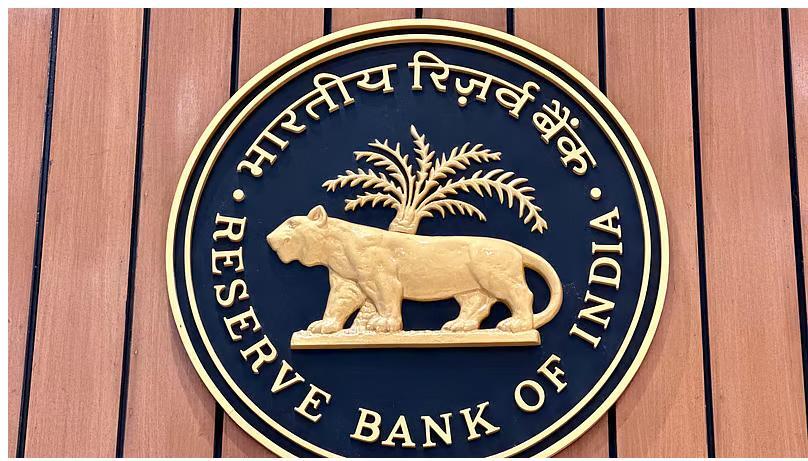
RBI imposes ₹97-lakh penalty on ICICI Bank over compliance issues
The Reserve Bank of India (RBI) has taken a stern stance against non-compliance with regulatory norms by imposing penalties on five major lenders, including ICICI Bank, Bank of Baroda, and Axis Bank. The penalties, ranging from ₹61.40 lakh to ₹97.80 lakh, have been imposed for violating various regulatory norms, including the “Cyber Security Framework in Banks” and “Know Your Customer” (KYC) norms.
In a recent announcement, the RBI stated that it has imposed penalties on the following banks:
- ICICI Bank: ₹97.80 lakh for non-compliance with the “Cyber Security Framework in Banks” and KYC norms.
- Bank of Baroda: ₹61.40 lakh for non-compliance with “customer service in banks”.
- Axis Bank: ₹5.50 lakh for non-compliance with the “Cyber Security Framework in Banks”.
- IDBI Bank: ₹5.50 lakh for non-compliance with the “Cyber Security Framework in Banks”.
- Bank of Maharashtra: ₹5.50 lakh for non-compliance with the “Cyber Security Framework in Banks”.
The RBI’s move to impose penalties is a significant step towards ensuring that banks maintain high standards of compliance with regulatory norms. The penalties are a deterrent against non-compliance and serve as a reminder to banks to prioritize compliance and risk management.
The RBI’s “Cyber Security Framework in Banks” is designed to ensure that banks have robust systems in place to prevent and respond to cyber threats. The framework outlines guidelines for banks to follow, including the implementation of multi-factor authentication, encryption, and regular security audits.
The KYC norms are also crucial for ensuring that banks maintain accurate records of customer information and identify potential fraudsters. The RBI has been emphasizing the importance of KYC compliance, particularly in the wake of increasing instances of fraud and money laundering.
ICICI Bank’s penalty of ₹97.80 lakh is the highest among the five banks, indicating that the RBI takes non-compliance with cyber security and KYC norms very seriously. The bank has been ordered to pay the penalty within 30 days, and the amount will be credited to the RBI’s account.
The penalties imposed on the five banks are a wake-up call for the entire banking industry. Banks must prioritize compliance and take proactive measures to ensure that they are meeting regulatory requirements. Failure to do so can result in severe penalties, reputational damage, and financial losses.
In conclusion, the RBI’s decision to impose penalties on ICICI Bank and other lenders is a significant step towards maintaining high standards of compliance in the banking industry. The penalties serve as a deterrent against non-compliance and encourage banks to prioritize risk management and compliance. As the banking industry continues to evolve, it is essential that banks maintain a strong focus on compliance to ensure the stability and integrity of the financial system.






